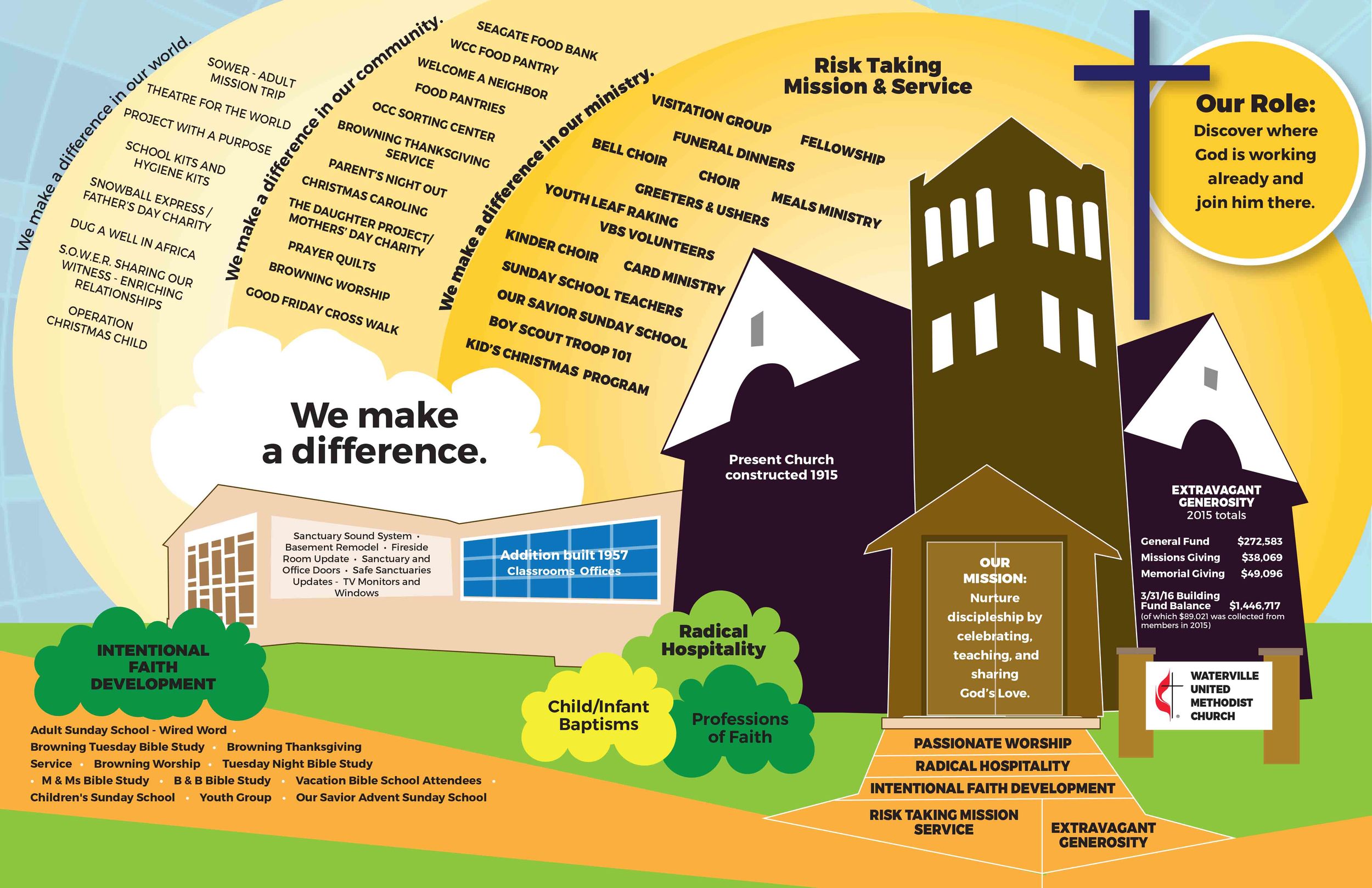Delve Into The Amazing Progression Of Catholic Colleges And Their Substantial Function In Education And Learning-- Do Their Traditions Use A Path To Future Understanding?
Delve Into The Amazing Progression Of Catholic Colleges And Their Substantial Function In Education And Learning-- Do Their Traditions Use A Path To Future Understanding?
Blog Article
Material Produce By-Rytter Galloway
When you take into consideration the history of education, Catholic colleges stand out for their deep-rooted customs and long-term influence. These organizations began as a way to infuse faith and values, yet they have actually adapted remarkably over centuries. Today, they play a crucial duty in shaping not simply scholastic success but additionally moral integrity. What's appealing is exactly how they have actually managed to thrive amidst transforming cultural landscapes, raising questions concerning their future importance and effect.
The Beginnings of Catholic Education And Learning: A Historical Perspective
Catholic education traces its roots back over 1,500 years, when early Christian communities identified the need for organized understanding. You'll discover that these communities aimed to pass on their confidence and values with education and learning.
you could try here and basilica colleges became facilities of knowing, supporting both spiritual and intellectual growth. As you delve much deeper, you'll see that the educational program commonly consisted of ideology, faith, and the liberal arts, designed to create versatile individuals.
In time, the Church developed a lot more official establishments, making certain that education and learning remained accessible to all. The commitment to mentor moral worths and fostering a sense of neighborhood has continued via the centuries, forming the academic landscape and affecting plenty of lives worldwide.
This long-lasting heritage continues to influence Catholic education today.
The Evolution of Catholic Institutions Via Social Contexts
As societies progressed, so did the role of Catholic schools, adapting to the cultural contexts in which they existed. In the early years, these institutions focused mostly on spiritual instruction, but as neighborhoods diversified, they began to incorporate local languages, personalizeds, and educational needs.
You 'd see that Catholic institutions typically came to be centers for social cohesion, cultivating a feeling of belonging amongst trainees from different histories. In many regions, they resolved social issues, such as destitution and discrimination, by offering accessible education and learning for all.
As you discover different societies, you'll see exactly how Catholic institutions have actually changed their educational program and training methods, mirroring the worths and difficulties of their settings while remaining true to their foundational objective of faith and scholastic quality.
The Modern Function and Impact of Catholic Schools in Society
In today's globe, Catholic colleges play a vital function in shaping not simply the academic landscape, yet additionally the broader community.
look at this website 'll find that these establishments stress worths like regard, compassion, and social justice, promoting all-around people that contribute favorably to society. By focusing on academic excellence and moral growth, Catholic colleges prepare students for future challenges, supporting crucial thinking and leadership abilities.
They commonly offer varied populaces, linking spaces in access to high quality education. In addition, you may discover their commitment to service, encouraging students to participate in community outreach and volunteer work.
This mix of education and learning and moral guidance makes Catholic schools a considerable force, growing accountable citizens that can influence their communities right.
Verdict
To conclude, Catholic schools have a rich background that's formed their enduring influence on culture. You've seen exactly how they have actually adapted to different social contexts while preserving a commitment to belief, values, and academic excellence. Today, they remain to play an important duty in cultivating community, promoting social justice, and nurturing liable people. As you assess their tradition, it's clear that Catholic colleges continue to be an effective pressure for positive change worldwide.
